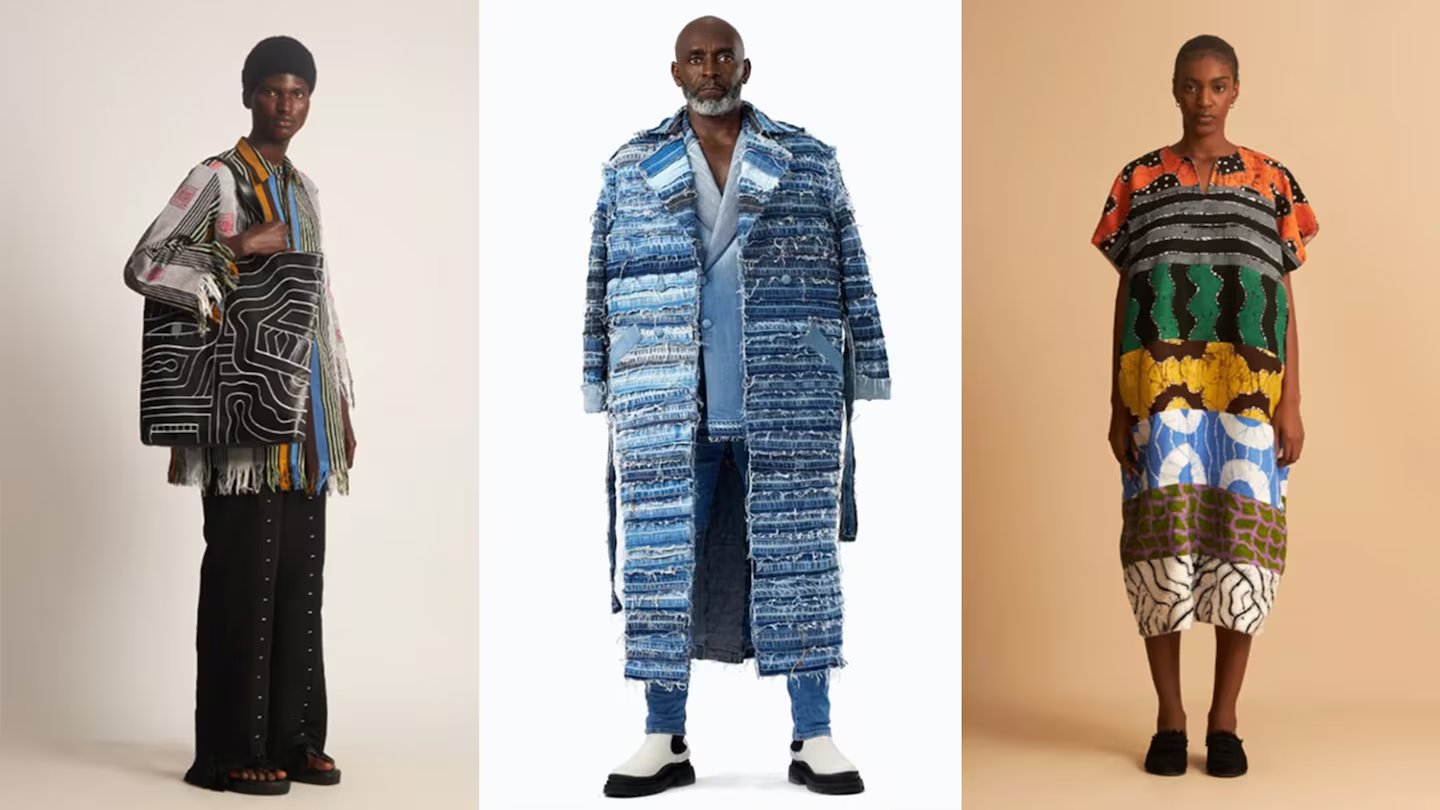When Made Kuti released his sophomore album Chapter 1: Where Does Happiness Come From, it wasn’t merely a sophomore release. It was a declaration of independence within a dynasty that has defined Afrobeat for decades. Born into the legacy of his grandfather Fela and father Femi, Made has had his expectations since birth. But with this record, he seems determined to show that legacy can be a double-edged sword and a canvas to reimagine on.
The listening session at New Afrika Shrine, which Femi had built in honour of Fela’s vision, helped serve to emphasise this subtle balance. Surrounded by the walls that have witnessed some of Nigeria’s fiercest protests in music history, Made chose not to tread the path of the firebrand activism that characterised the career of his grandfather. Instead, he gave a gentler, more introspective album that asks questions rather than providing answers. “Where does happiness come from? It is a question that seems as intimate and universal.”
Afrobeat has ever been the music of resistance, and Fela’s was the clarion call against corruption and despotism. Femi picked up the fight in his own way, with searing horn lines and unrelenting lyrics that assailed injustice. Made approaches the genre differently, however. His songs lean into introspection, pitting Afrobeat’s typical rhythms against the demands of jazz sophistication and searching lyrics.
It is still music of resistance, but the enemy he identifies is often internal — fear, doubt, and the search for meaning in a country where chaos often feels like the norm. This evolution is hardly surprising given his upbringing. From the age of eight, Made was performing with Femi’s band, absorbing not only the technical discipline of live Afrobeat but also the ethos of speaking truth through music. Training to play music professionally in the UK gave him the expertise to master his craft, but it is returning to Lagos that grounds his art.


At the Shrine, he exists in between tradition and innovation, aware that the audience does not merely see Made but hears whispers of Fela and Femi with every step. What makes Chapter 1 unique is its resolve for personal truth. Rather than taking on the state, Made speaks of love, peace, and the challenge of self-discovery. It is a revolutionary but quiet shift. For a Kuti, happiness can be political as well, such as a protest. In a nation still trying to shake corruption, insecurity, and economic hardship, to ask its people to stop and reflect on happiness is insurrection, not letting despair be the final word.
The acceptance of the album suggests that the listeners welcome this transformation. In the Shrine, the crowd danced to the mix of brass and percussion, drawn into the words that enveloped them inwards rather than outwards. Most noted how the album sounded familiar but unapologetically new. It was Afrobeat but not an imitation, proof that the genre can evolve and not lose its roots.
In carrying on this legacy, Made isn’t abandoning his father or grandfather. Instead, he’s extending it. Where Fela roared and Femi thundered, Made reflects. Collectively, the three generations present a portrait of Afrobeat that is as much about continuity as change.
In Chapter 1, Made Kuti demonstrates that being a Kuti is not walking in someone else’s shadow. It is finding your own light, even if it is in the aura of a dynasty.

























